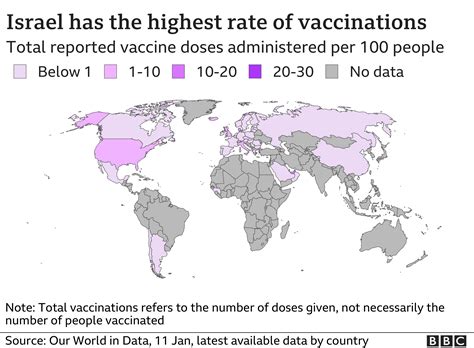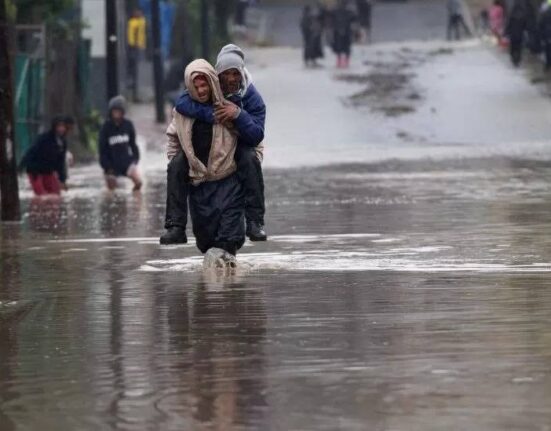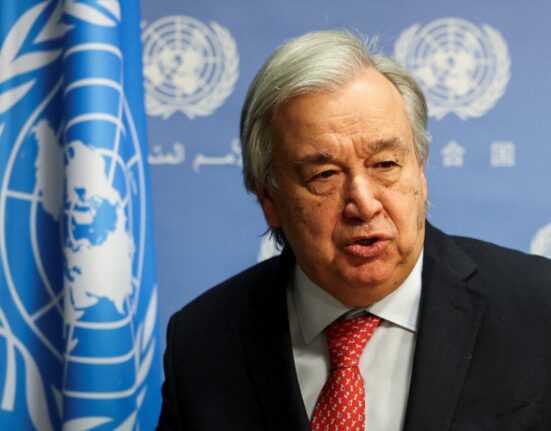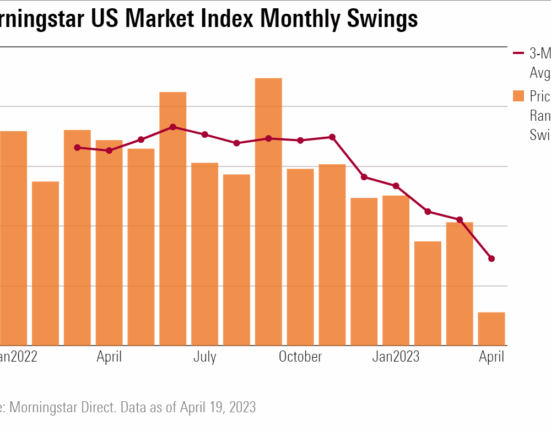In the year 2025, the world faces a multitude of health crises that are impacting millions of lives across the globe. From infectious diseases to mental health challenges, the healthcare landscape is continually evolving, presenting both opportunities and obstacles for individuals and communities worldwide.
Understanding the Global Health Landscape
The realm of global health is intricate and multifaceted, influenced by factors such as socio-economic disparities, environmental conditions, technological advancements, and cultural beliefs. In this ever-changing ecosystem, certain issues have emerged as particularly critical in shaping the well-being of populations on a worldwide scale.
Pandemics and Infectious Diseases
One of the most pressing concerns in global health is the threat posed by pandemics and infectious diseases. With increased globalization and urbanization, pathogens can spread rapidly across borders, leading to widespread outbreaks that challenge healthcare systems and emergency response capabilities. The COVID-19 pandemic served as a stark reminder of how vulnerable societies are to novel viruses and their cascading effects on public health, economies, and social structures.
Climate Change Impacts on Health
Another significant issue facing global health in 2025 is the impact of climate change on human well-being. Rising temperatures, extreme weather events, air pollution, water scarcity, and food insecurity are all direct consequences of environmental degradation that exacerbate existing health inequalities. Vulnerable populations are disproportionately affected by these changes, facing heightened risks of heat-related illnesses, vector-borne diseases, malnutrition, and displacement due to natural disasters.
Mental Health Crisis
In addition to physical ailments, mental health has also come to the forefront as a critical global issue. The stigma surrounding mental disorders persists in many societies, preventing individuals from seeking help or accessing adequate treatment. The psychological toll of living through crises such as wars, natural disasters, or pandemics further strains mental well-being at individual and community levels. Addressing mental health holistically requires not only clinical interventions but also social support systems that promote resilience and emotional well-being.
Health Inequalities and Access to Care
Health inequities remain a persistent challenge in global public health efforts. Disparities in access to healthcare services based on income level, geographical location, gender identity, ethnicity or disability status create barriers to achieving universal health coverage for all individuals. Social determinants such as education levels, employment opportunities or housing conditions significantly influence people’s overall health outcomes – highlighting the need for comprehensive approaches that address root causes beyond medical interventions alone.
Expert Insights:
Dr. Sarah Thompson-Kellerstein from the World Health Organization emphasizes that “addressing complex global health challenges requires collaborative efforts among governments,
non-governmental organizations (NGOs), research institutions,
and local communities.” She underscores the importance
of data-driven decision-making,
community engagement
and sustainable investments
in healthcare infrastructure
to build resilient
health systems capable
of responding effectively
to emerging threats.
As we navigate through these critical global health issues in 2025,
it is essential to recognize
the interconnected nature
of our collective well-being.
By fostering partnerships,
innovating solutions
and advocating for policies
that prioritize equity
and inclusivity,
we can work towards building
a healthier future for all.
Through concerted actions
at local,
national
and international levels,
we have an opportunity
to shape a more resilient
and responsive
global health ecosystem – one that prioritizes prevention,
preparedness
and equitable access
to quality care.
So let us embark on this journey together – united in our commitment
to safeguarding human dignity,
promoting healthy lives
and advancing sustainable development goals
for generations to come.









Leave feedback about this